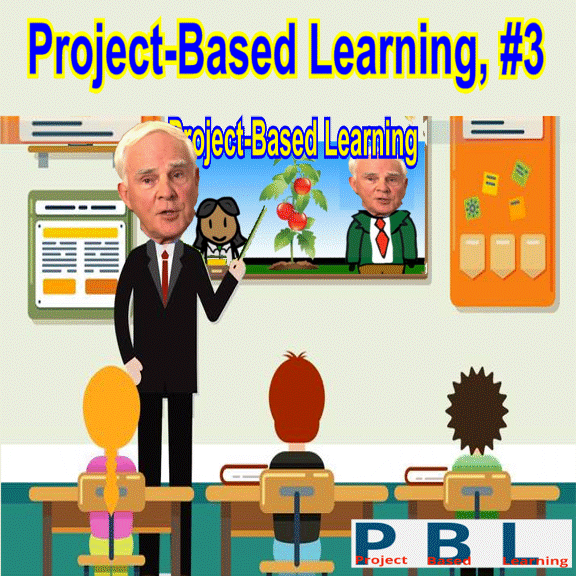Michael Bloomberg has invested heavily in promoting charter schools in California
f there is one issue on which Michael Bloomberg and Donald Trump agree, it is on the value of charter schools.
One difference is that Bloomberg does not appear to back using taxpayer funds to underwrite tuition for private and parochial schools, as Trump does. Another is that Bloomberg has actually been able to implement his pro-charter agenda, when he was mayor in New York City, and in backing pro-charter causes and candidates in other states, most notably in California.
He has been one of a cadre of billionaires who have poured money to expand charter school in the state — including Reed Hastings, the founder and CEO of Netflix, L.A. philanthropist and businessman Eli Broad, and Walton family members associated with the Walmart empire.
California is the state with the largest number of charter schools (just over 1,300 at latest count), and they account for a disproportionately large share of charter school students nationally. Just over 1 in 5 of the 3.2 million children enrolled in charter schools in the U.S. are in California.
Bloomberg has also spent heavily on other issues involving children. He has contributed tens of millions of dollars in California to local initiatives related to CONTINUE READING: Michael Bloomberg has invested heavily in promoting charter schools in California | EdSource



















